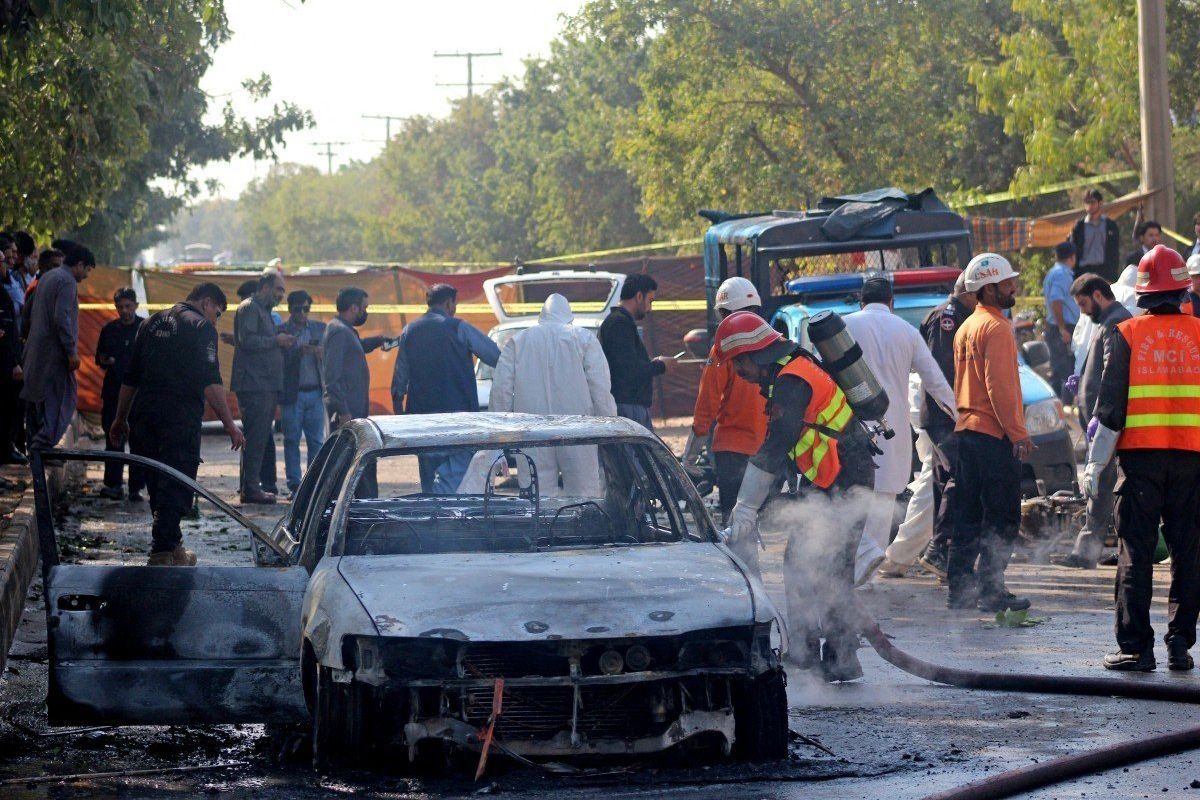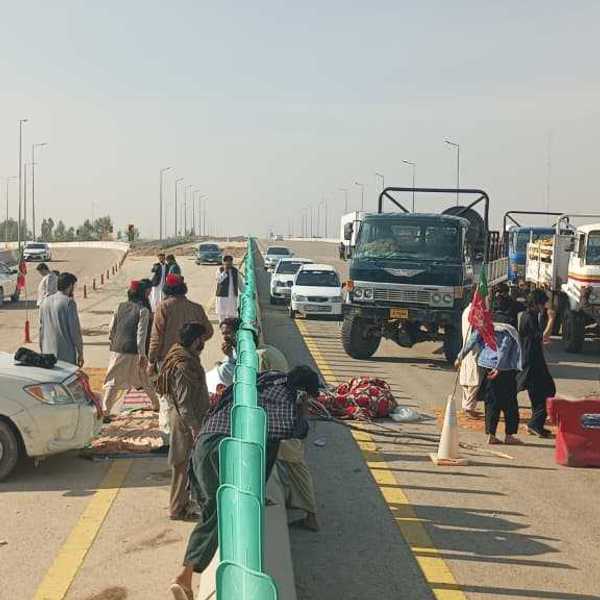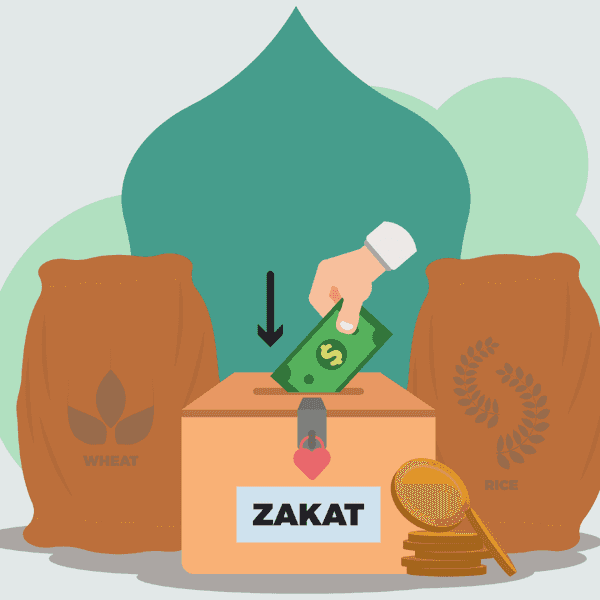Pakistan arrests terror cell behind Islamabad courthouse suicide attack
Investigation reveals Afghanistan-based handlers directed Islamabad bombing via Telegram

Aamir Abbasi
Editor, Islamabad
Aamir; a journalist with 15 years of experience, working in Newspaper, TV and Digital Media. Worked in Field, covered Big Legal Constitutional and Political Events in Pakistan since 2009 with Pakistan’s Top Media Organizations. Graduate of Quaid I Azam University Islamabad.

Firefighters douse a car at the suicide blast site in Islamabad on November 11, 2025.
AFP
Pakistani security forces arrested on Friday key operatives linked to a deadly suicide bombing outside a court in Islamabad, marking a major breakthrough in the investigation.
According to official sources, a joint operation by the Intelligence Bureau (IB) and the Counter Terrorism Department led to the detention of four members of a terrorist network affiliated with the Tehreek-e-Taliban Pakistan (TTP) and other militant groups.
Investigators said the attack had been planned and directed from Afghanistan. The TTP, a militant group banned in Pakistan, has been waging an insurgency against the Pakistani state since 2007, seeking to overthrow the government and impose its version of Islamic law.
Officials identified the cell’s commander as Saeedur Rehman, also known as “Dadullah,” who reportedly used the messaging app Telegram to instruct the attackers. Sajidullah, also known as “Sheena,” handled the suicide bomber and confessed to facilitating the operation during questioning.
The mastermind of the attack, Saeedur Rehman alias Dad Akbar, originally from Bajaur district in Pakistan’s northwest, is based in Afghanistan and serves as the TTP’s intelligence chief for the region.
Authorities said the plot aimed to inflict maximum casualties on law enforcement personnel. Rehman sent photographs of the suicide bomber, Usman, also called “Qari,” to Sajidullah, who received him after he crossed from Afghanistan into Pakistan.
Sources said that Usman, from the Nangarhar province of eastern Afghanistan, was sheltered near Islamabad. Sajidullah obtained a suicide vest from Peshawar and assisted the bomber in wearing it on the day of the attack. Officials said the network was closely supervised by its leadership in Afghanistan at every stage.
Islamabad suicide attack
The attack killed at least 12 people and injured more than 27 when a blast struck outside the Islamabad district court in the G-11 sector on Tuesday afternoon, Interior Minister Mohsin Naqvi said. The bomber targeted a police vehicle after being denied entry to the courthouse.
Prime Minister Shehbaz Sharif condemned the attack, calling it the work of “India-backed proxy groups,” a reference to longstanding accusations by Pakistan that India supports militants operating in its territory. Sharif ordered a full investigation and promised that the perpetrators would face justice.
The prime minister urged the international community to condemn these attacks and warned that India’s involvement threatens regional stability. He described both incidents as “the worst form of state-sponsored terrorism in the region.”
Naqvi told reporters that investigations are ongoing and that all responsible individuals, “even if aided by another country,” would be held accountable. He said intelligence shows militants are being trained in Afghanistan before carrying out attacks in Pakistan.
New security measures include stricter vehicle checks in Islamabad. “We are aware of Afghanistan’s activities, but there will be no compromise on security,” Naqvi said.
Defense Minister Khawaja Asif called the blast a wake-up call, saying it shows the conflict affects all of Pakistan, not just border areas. He highlighted the sacrifices of the military to protect citizens and cautioned against over-reliance on Afghan authorities to prevent terrorism.
Complex relations
The Afghan Taliban, which controls Afghanistan since 2021, denies providing safe haven to Pakistani militants. Spokesperson Zabihullah Mujahid told Reuters that Pakistani nationals in Afghanistan do not represent the Afghan government, citing Taliban operations against ISIS-KP, another extremist group.
Pakistan’s relations with Afghanistan have been tense, including recent deadly border clashes. Islamabad has also accused India of supporting militants in Afghanistan, a claim New Delhi denies. Analysts say Afghanistan remains a strategic and unstable region where Pakistan and India both seek influence.
The TTP has carried out hundreds of attacks across Pakistan over the past decade, including targeting civilians, security forces, and government institutions.







Comments
See what people are discussing